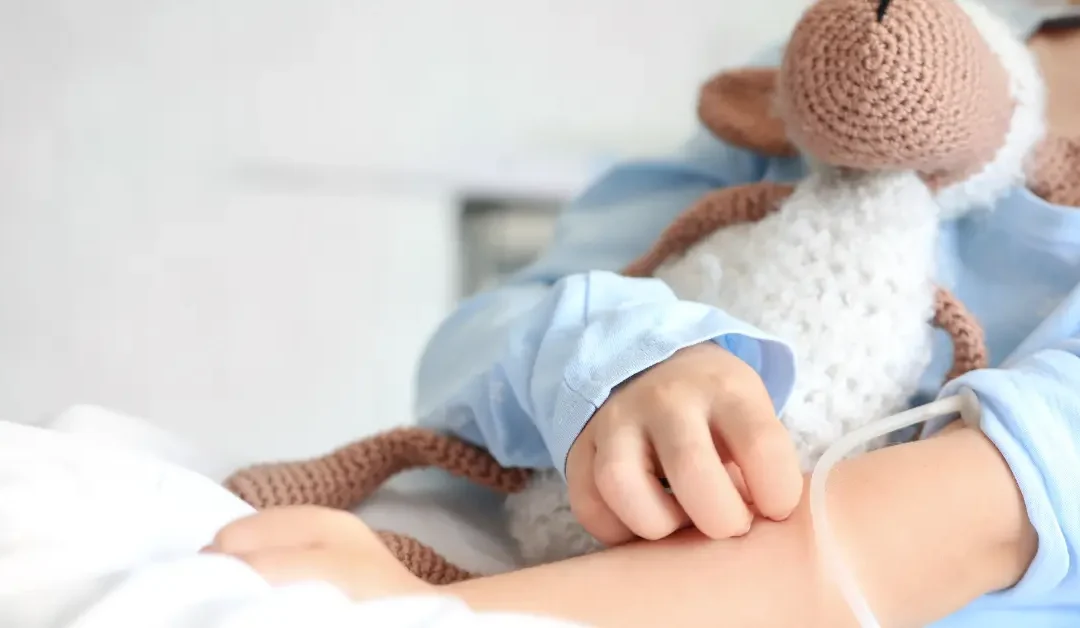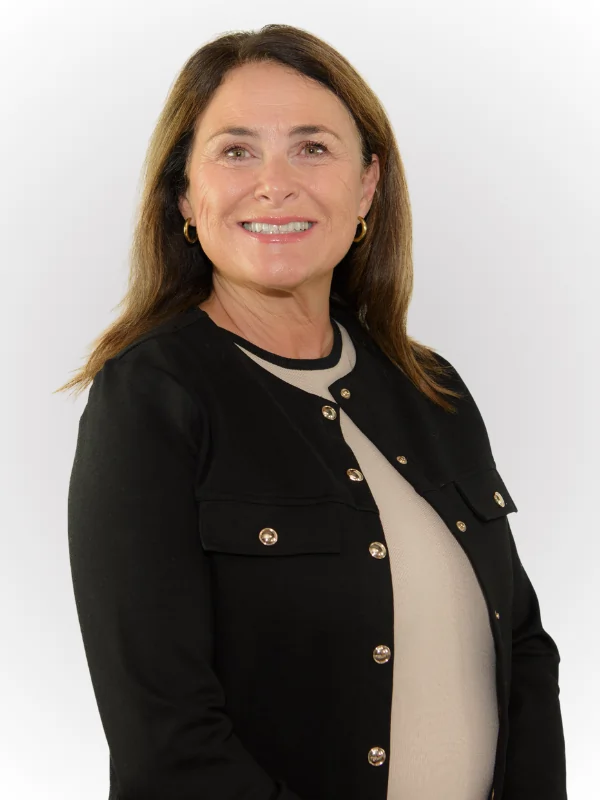The CHI hip surgery review has uncovered serious issues in paediatric care, prompting an apology from CHI and a commitment to reform.

Of the almost 2,400 sexual abuse allegations revealed in the scoping inquiry report published early last week, a shocking 590 alleged allegations of sexual abuse in special needs schools. The allegations comprised a quarter of the total claims and were spread across 17 schools. These figures reflect the disproportionate levels of abuse which took place in schools catering for children with intellectual difficulties, who are even more vulnerable than their counterparts in typical schools. 190 abusers of the total 884 identified in the inquiry carried out their abuses at these special schools.
Lota of Glanmire, County Cork, was a special needs school under the control of the Brothers of Charity. The number of allegations of abuse at Lota exceeds those of any other school in the inquiry, being the site of 166 alleged offences perpetrated by 50 abusers. A former employee of the Brothers of Charity in Galway has commented on her experience within the organisation. Dr Margaret Kennedy is a consultant on disability, abuse and child protection and was hired to advance clients’ safety through training programmes delivered to hundreds of staff members working in intellectual disability care. She has urged the Irish Government to be proactive in the protection of people with severe learning disabilities who she believes have been forgotten by the State. Dr Kennedy was pleased to see the Government shine a light on the issue of institutional sexual abuse of vulnerable people through the inquiry; however, he also expressed that the use of the phrase ‘historical abuse’ minimises the ongoing effects of such attacks.
Dr Kennedy has also questioned the methods employed by the inquiry concerning allegations of abuse in special needs schools. Many social and physical barriers make it even more difficult for victims with special needs to communicate their experiences. She additionally advised that the investigation commissioned by the Government in response to the inquiry should have a broader scope and encompass abusers around the world who were strategically sent away from Ireland to escape allegations of abuse.
Another report that shed light on the crimes carried out in special needs schools was published by the Ryan Commission in 2009. This report similarly discovered that abuse had occurred in a widespread way in special schools. 58 people came forward to the Ryan Commission with claims of abuse, which took place across 14 unidentified religious schools. Numerous allegations were linked to St Mary’s Deaf School for Children in Cabra, Dublin. 20 claims related to the staff and the Dominican Sisters who ran St Mary’s and detailed neglect, emotional abuse and the use of excessive physical force as punishment.
One occurrence of abuse of a sexual nature was heard by the Commission and was alleged to have been perpetrated by a priest who had visited the institution. Another school for deaf children, Mary Immaculate of Stillorgan, Dublin, was investigated and implicated. 21 allegations of abuse in special needs school, run by the Daughters of the Cross of Liege, were set out in the Ryan report. A Garda investigation was also launched in 2000/2001 pertaining to reports of abuse at the school, both physical and sexual.
The scoping inquiry released last week has further emphasised how abusers disproportionately targeted children with special needs. 119 claims were attributed to one particular school in Renmore, Galway. 49 abusers allegedly carried out these assaults at the Holy Family School run by the Brothers of Charity. Abuses of this nature also extend beyond schools, as established by the Kilcornan report published in 2003. The Kilcornan Centre, established for the residential care of people with special needs, has been the site of numerous sexual crimes. Members of the Brothers of Charity carried out a large proportion of the assaults, but others were perpetrated by residents who had themselves been victims of sexual violence. The existence of these abuse dynamics between residents, which sometimes persisted for years, only serves to evidence further the profound and devastating impact that sexual abuse has on its victims.
The Scoping Inquiry report revealed 590 allegations of sexual abuse in special needs schools, disproportionately affecting vulnerable children. The abuse spanned 17 special schools, with over 190 abusers implicated. Institutions like Lota and Holy Family School were critical sites of abuse. Survivors of abuse in special needs schools are encouraged to seek confidential support. Our team has experience dealing with cases involving historical sexual abuse in special needs schools and can help you seek justice. If you are a survivor of historical sexual abuse, please don’t hesitate to contact us for confidential advice. Free phone 1800-844-104 or email us [email protected]

Head of Client Services
F: 1800-844-104
E: [email protected]
”At Coleman Legal, excellence in customer care is paramount. We aim to meet both prospective and existing clients’ needs professionally and in a friendly manner with a clear objective of giving quality legal advice and reaching a positive outcome.”